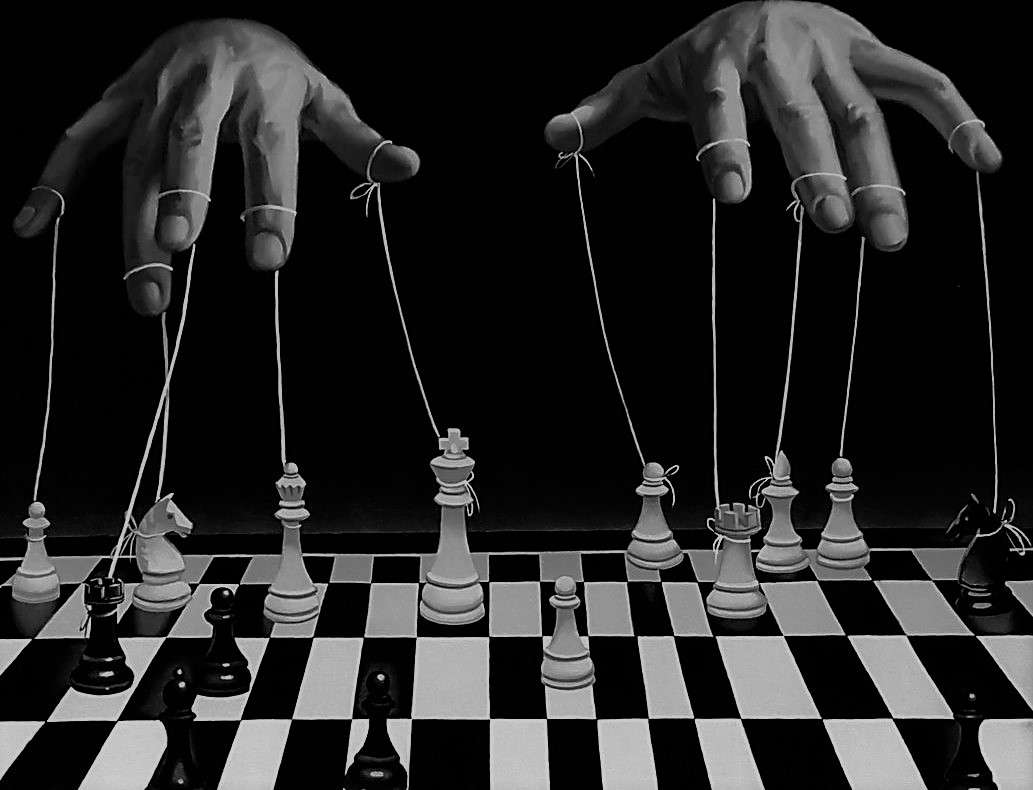Political commentator Hakob Badalyan wrote on his Facebook page.
"If ten years ago there was a much more tangible social-political uprising against the Turkic-Eurasian circle in Armenia, perhaps there would have been an opportunity to effectively influence the development of events from the point of view of the interests of Armenia and Artsakh.
Meanwhile, there were only 20-30 "marginal" complaints, and the rest of the layers practically expected that by making Armenia responsible for Serzh Sargsyan, Russia would also get rid of Serzh Sargsyan and give the power of Armenia to the most loyal force. Of course, at the end of the crucial stage, one of the Russian propaganda apologists gave the best assessment, saying that those who cherish such hope are busy clowning around in Armenia. But this was said when Russia no longer needed this "clowning around," and until then, it was silently followed and skillfully promoted and encouraged.
The question arises: where were the majority of the strata that "raised the grass" against all this today? Why were they silent when the situation crossed the point of "irreversibility"? Why was there no protest, opposition, criticism, etc., of at least 15-20% of the current volume, starting from the sale of billions of dollars of Russian arms to Azerbaijan to the imposition of the Eurasian-Turkish project?
I tend to think that today's 15-20% was not there (the percentage is my subjective observation, not based on any systematic research) because Russia first did not need it then.
The situation is different today. Today, Russia needs it first to solve several problems. If I summarize what is happening, the distortion of Armenia's plan and the problem of leaving the responsibility of the security environment as a result of Russian policy on Armenia has brought Armenia to a "frontal" confrontation, where it has no resources for success and relies entirely on geopolitical "luck." which is already a domain of highly relative factors, even more so today."


















